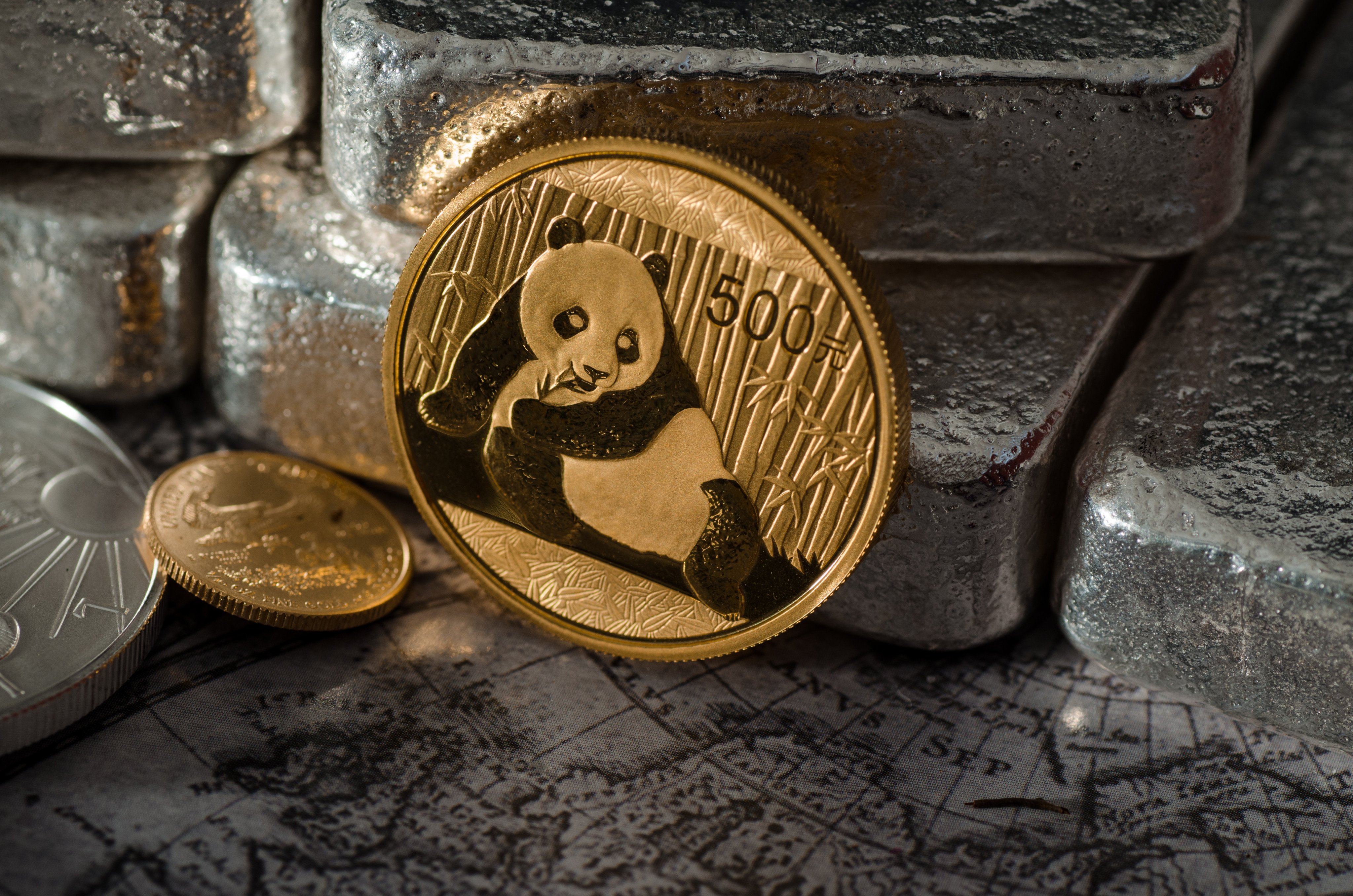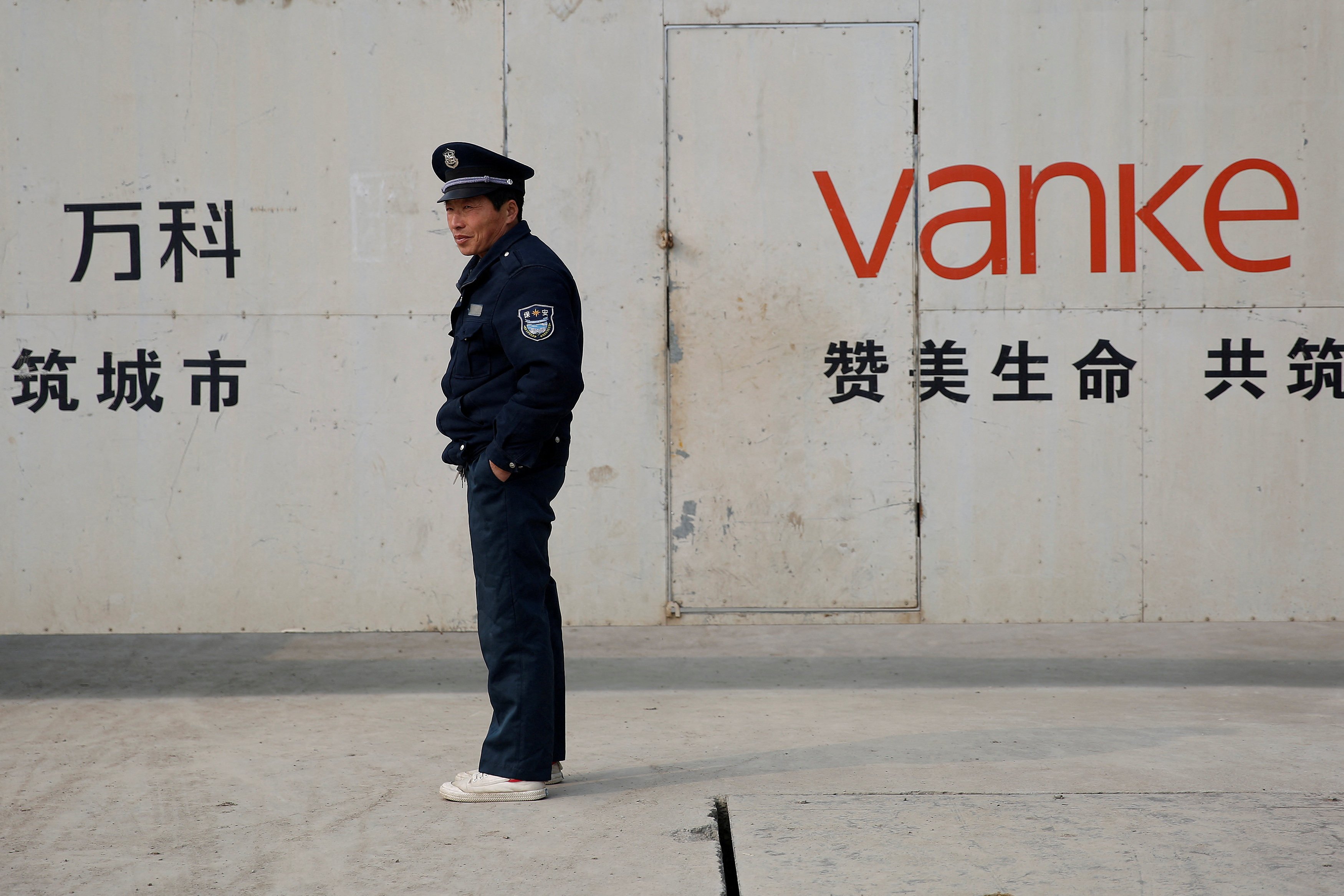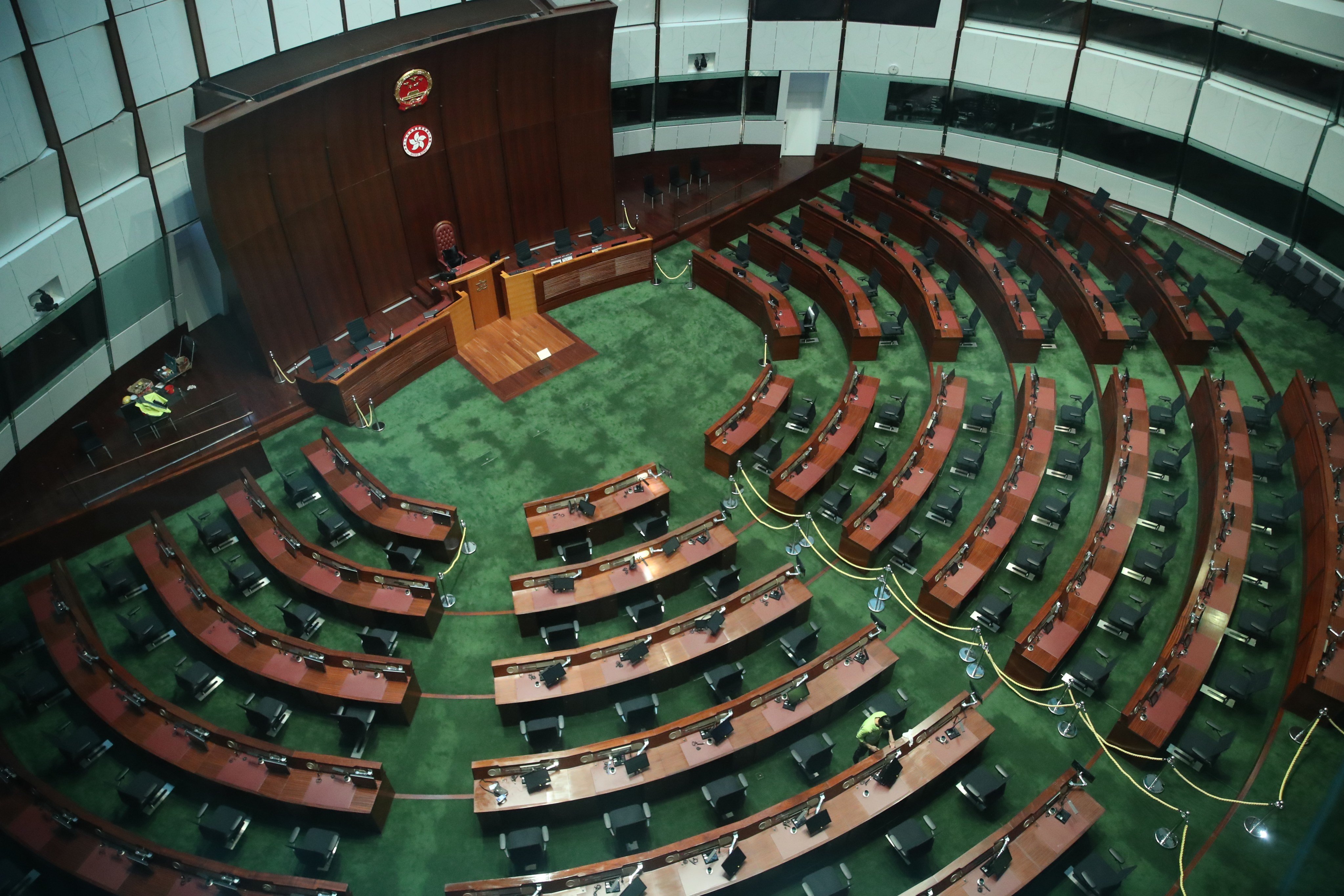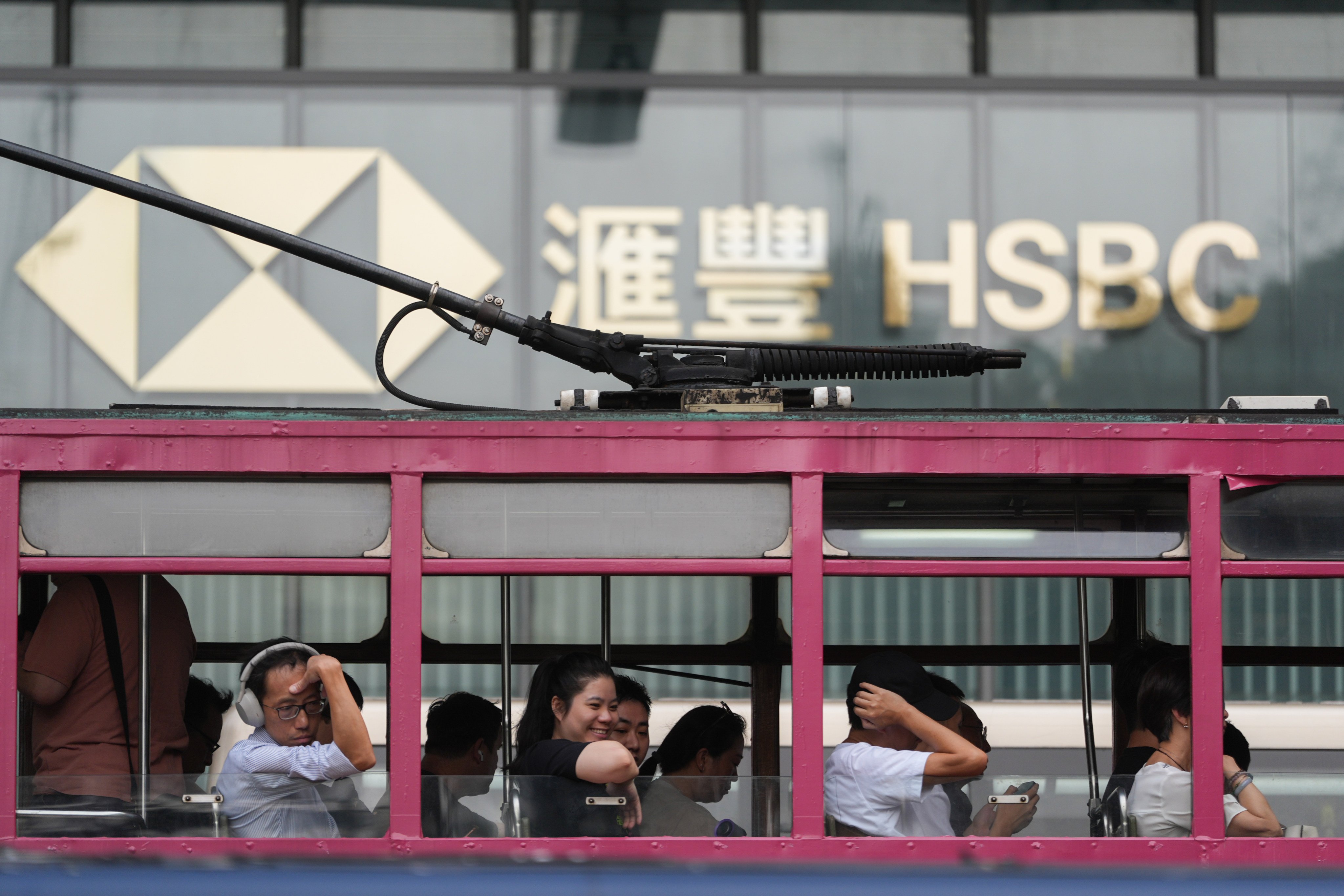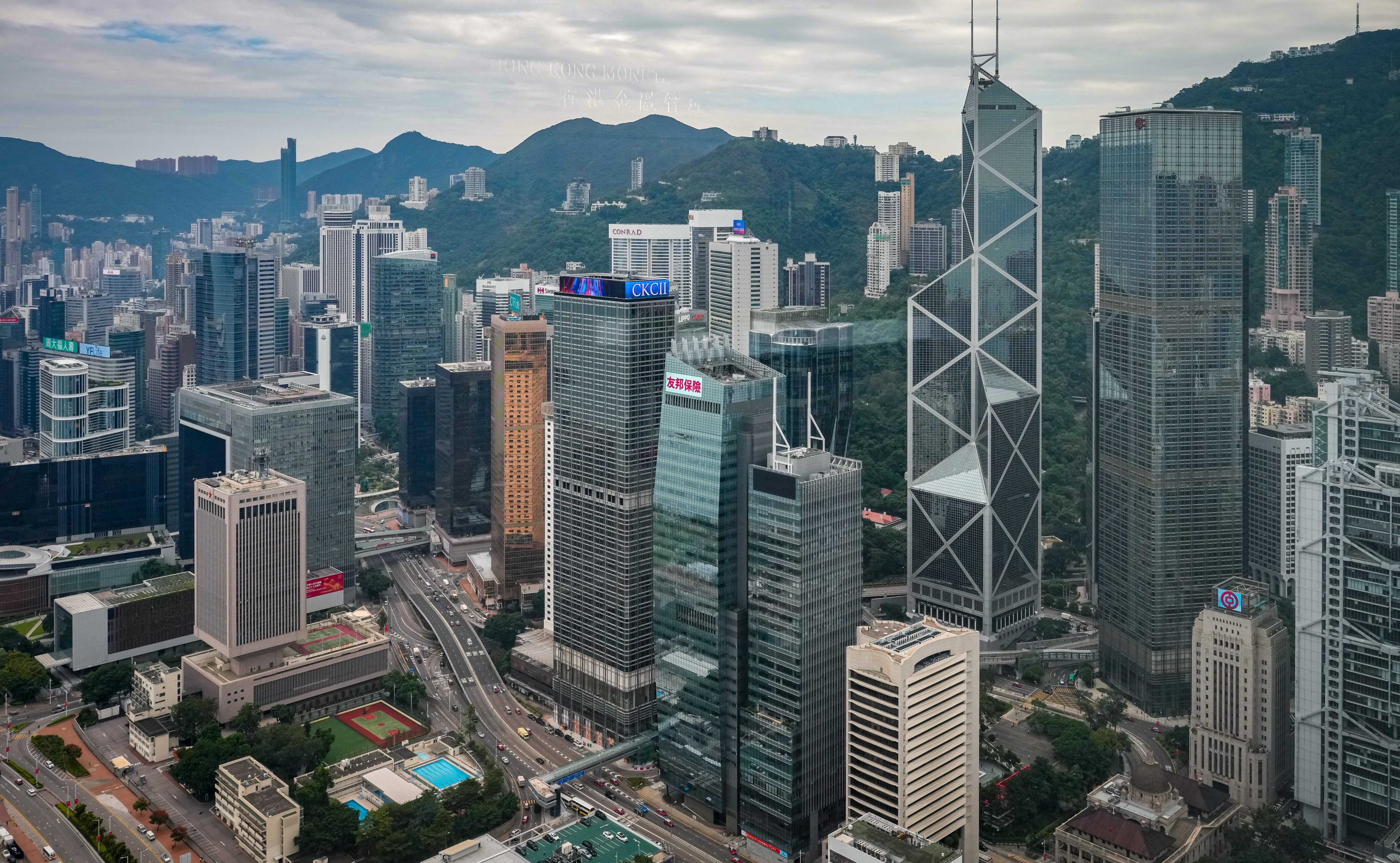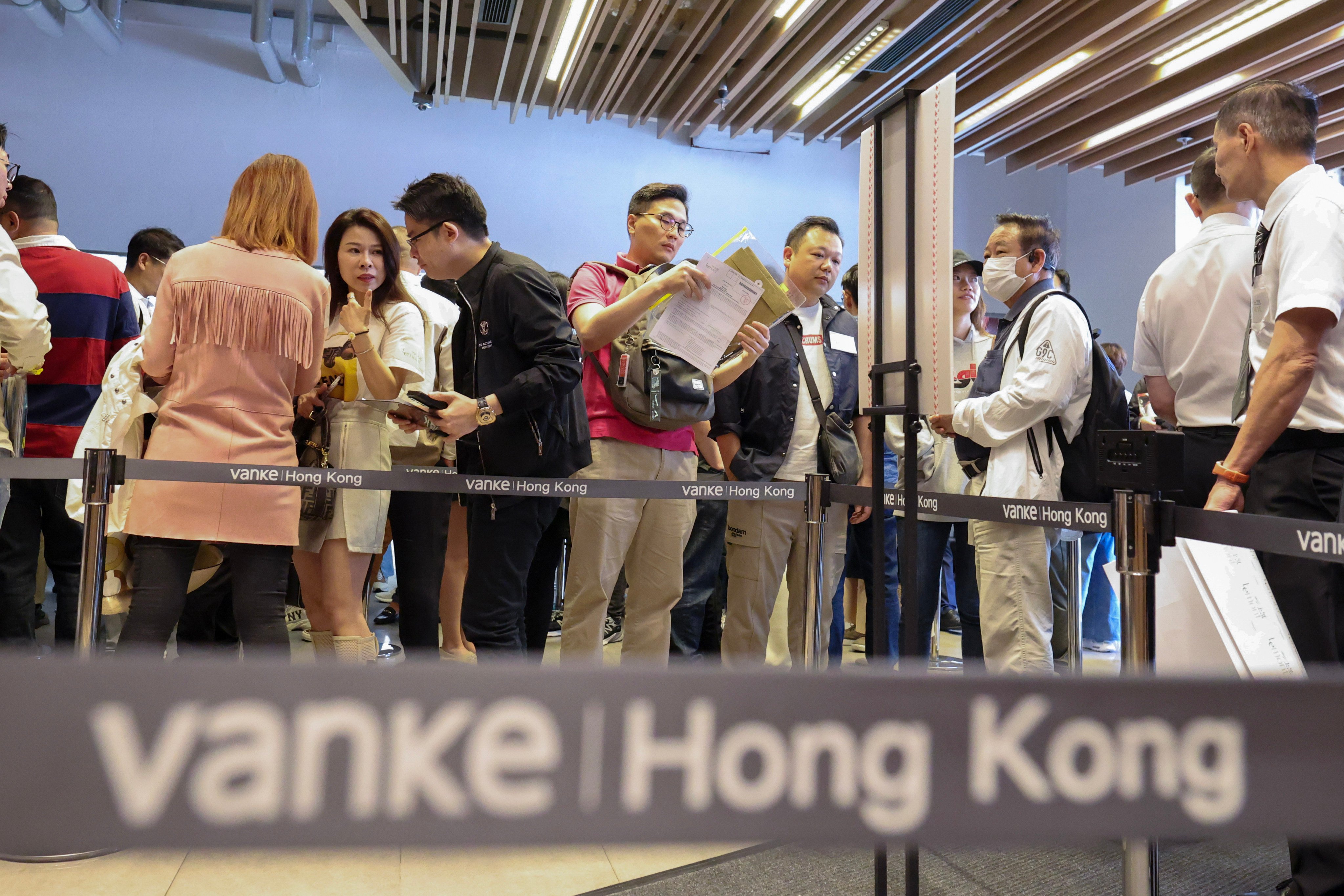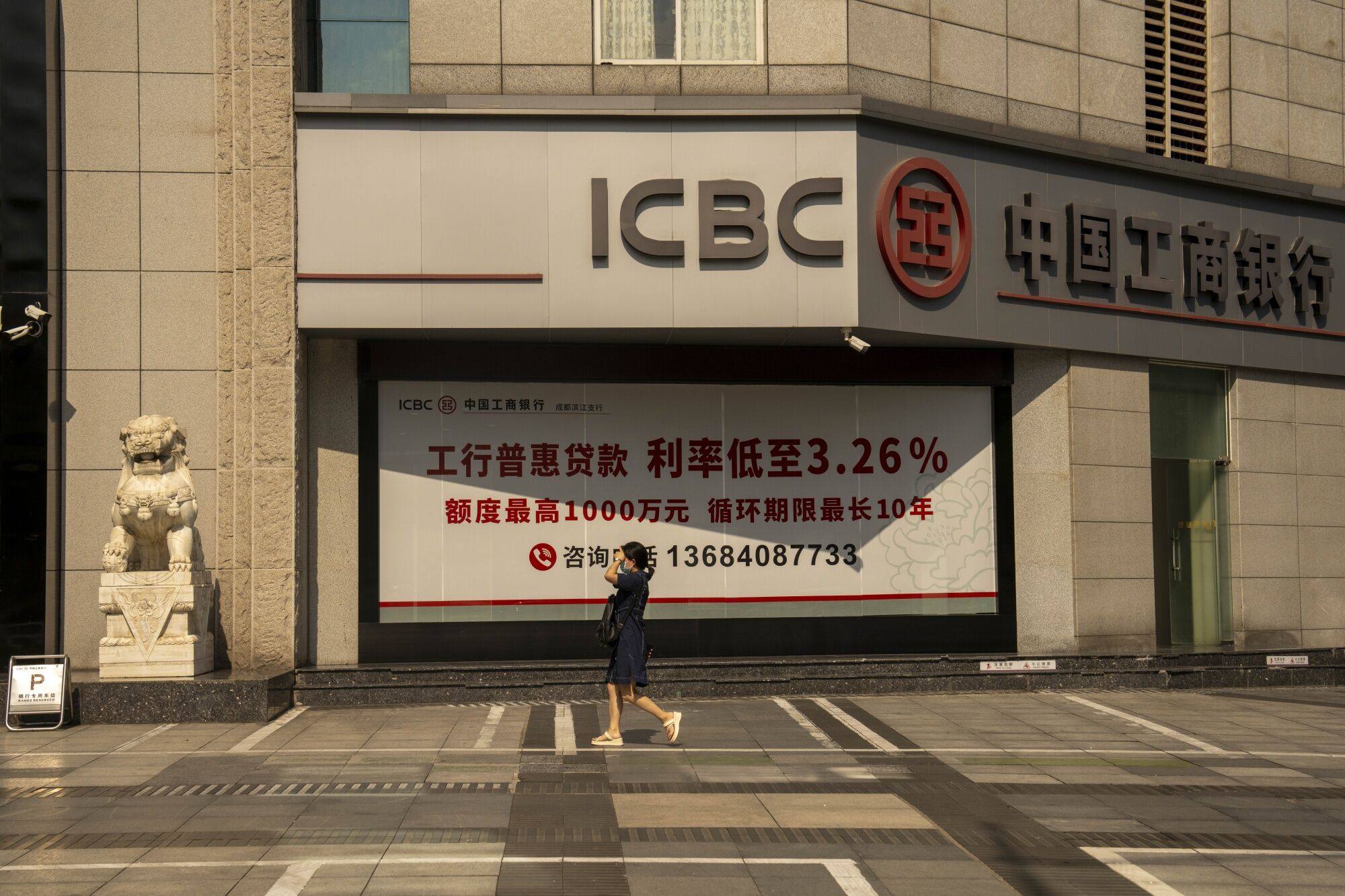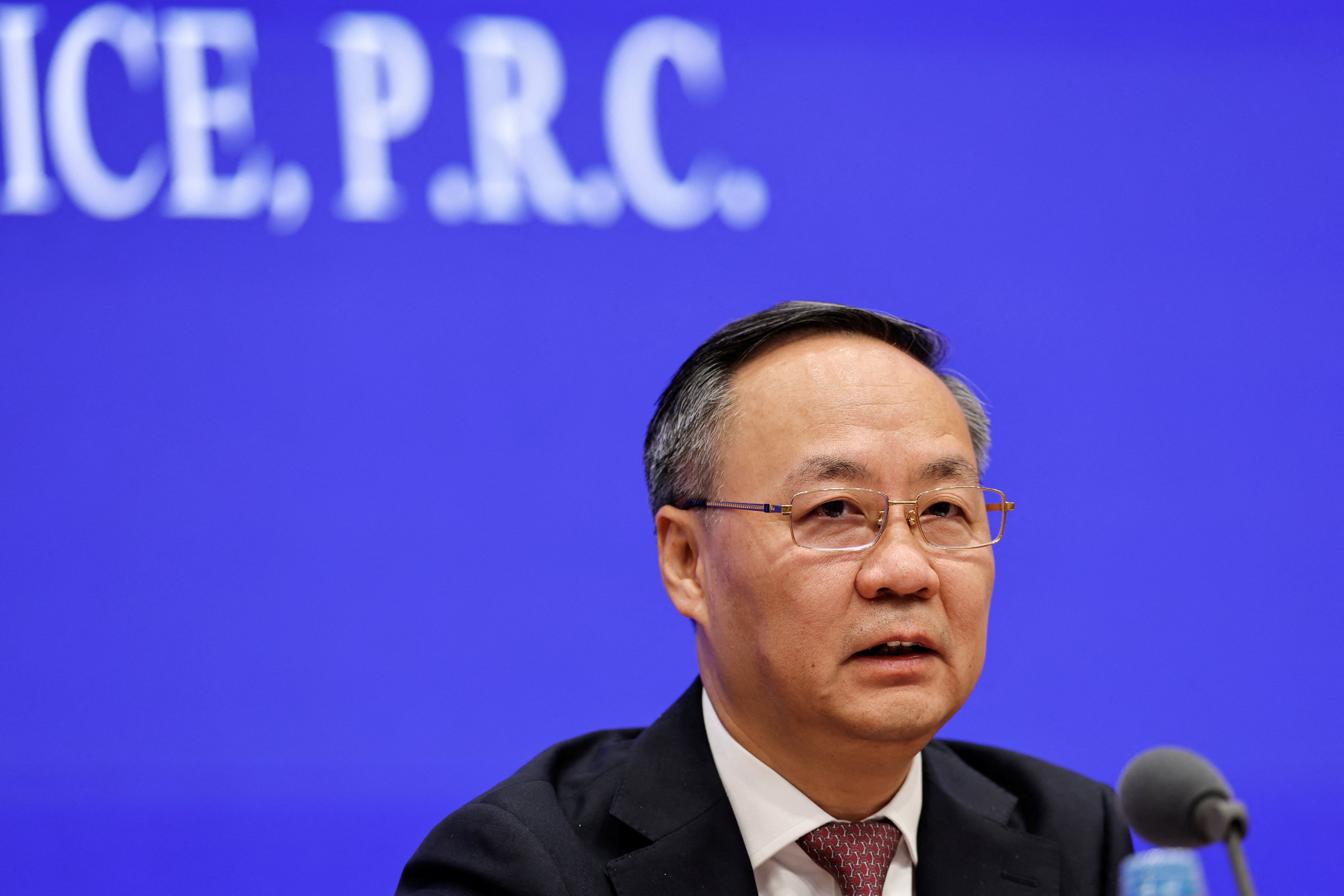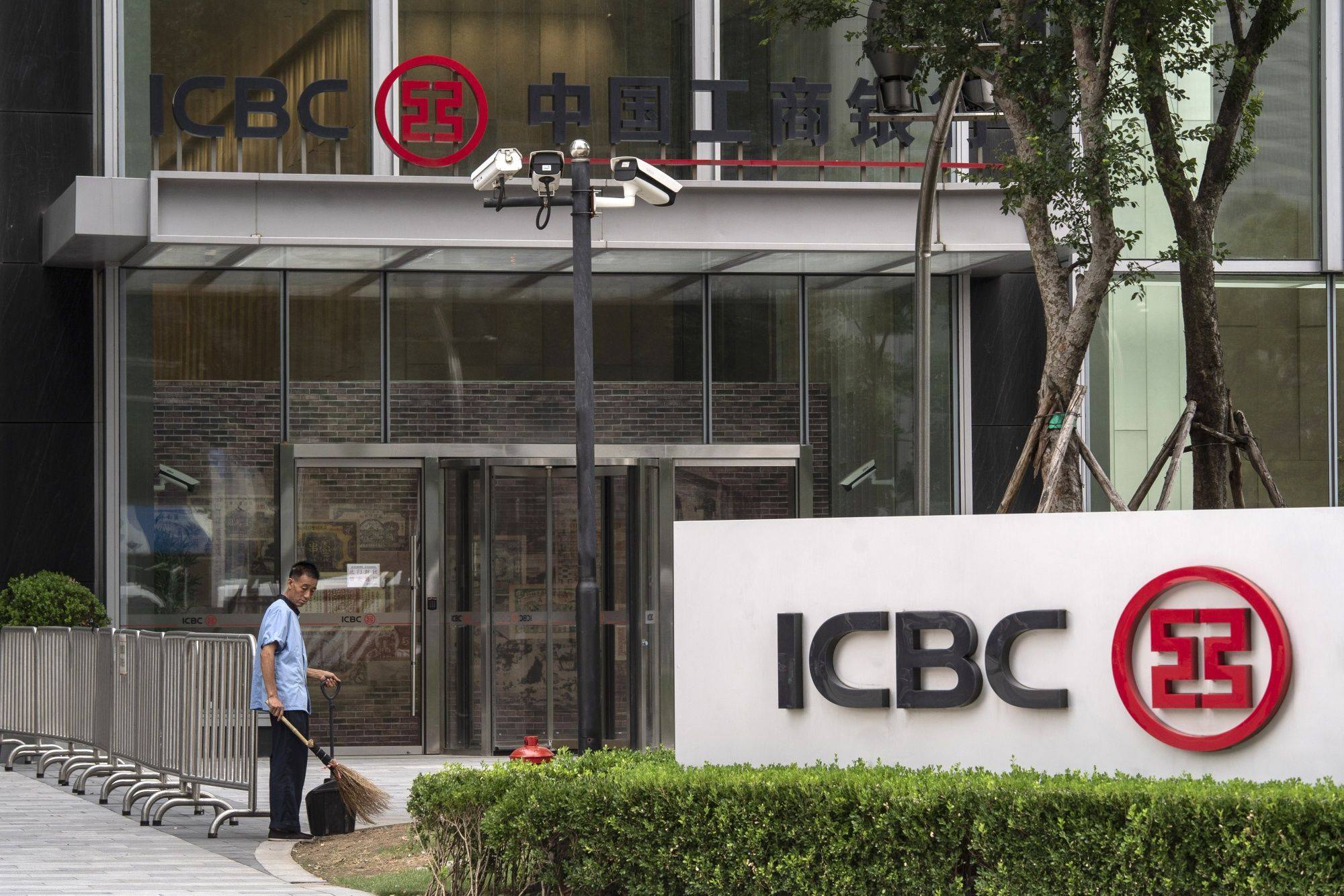Advertisement
Advertisement
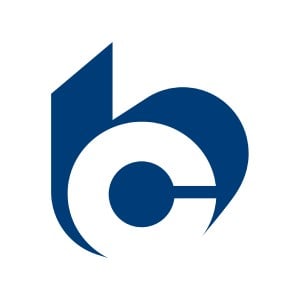
TOPIC
/ company
Bank of Communications
(交通银行)

Bank of Communications
交通银行
Established in 1908, Bank of Communications is one of the largest banks in the People’s Republic of China. It was listed in Hong Kong in 2005 and in Shanghai in 2007.
Chairman / President
Ren Deqi
CEO / Managing Director
Zhang Baojiang
CFO / Finance Director
Liu Jianjun
Industry
Financial services
Website
bankcomm.com
Headquarters address
Shanghai, People's Republic of China
Stock Code
SEHK: 3328
SEHK: 4605
SSE: 601328
SEHK: 4605
SSE: 601328
Year founded
1908
China’s banks to sell US$60 billion of loss-absorbing bonds to meet PBOC’s norms
ICBC and BOC line up issuance plans for 60 billion yuan worth of total loss-absorbing capacity (TLAC) bonds as Chinese G-SIBs (global systemically important banks) are expected to sell 440 billion yuan of these newly introduced bonds.

Help preserve 120 years of quality journalism.
SUPPORT NOWAdvertisement
Advertisement
Advertisement
Advertisement
Advertisement
Advertisement
Advertisement
Advertisement
Advertisement
Advertisement
Advertisement
Advertisement
